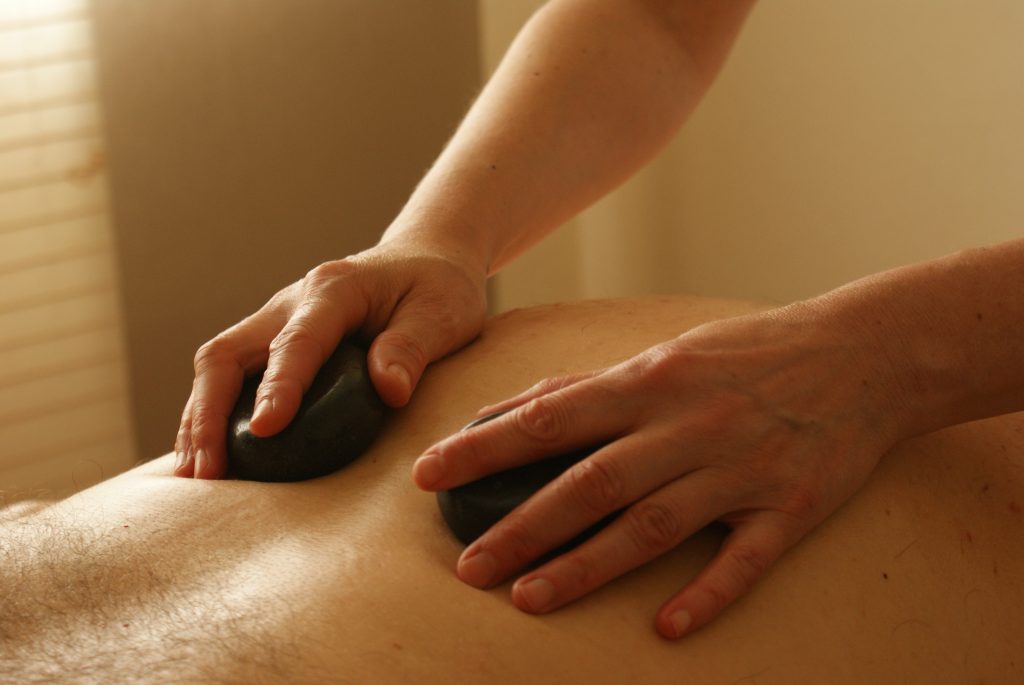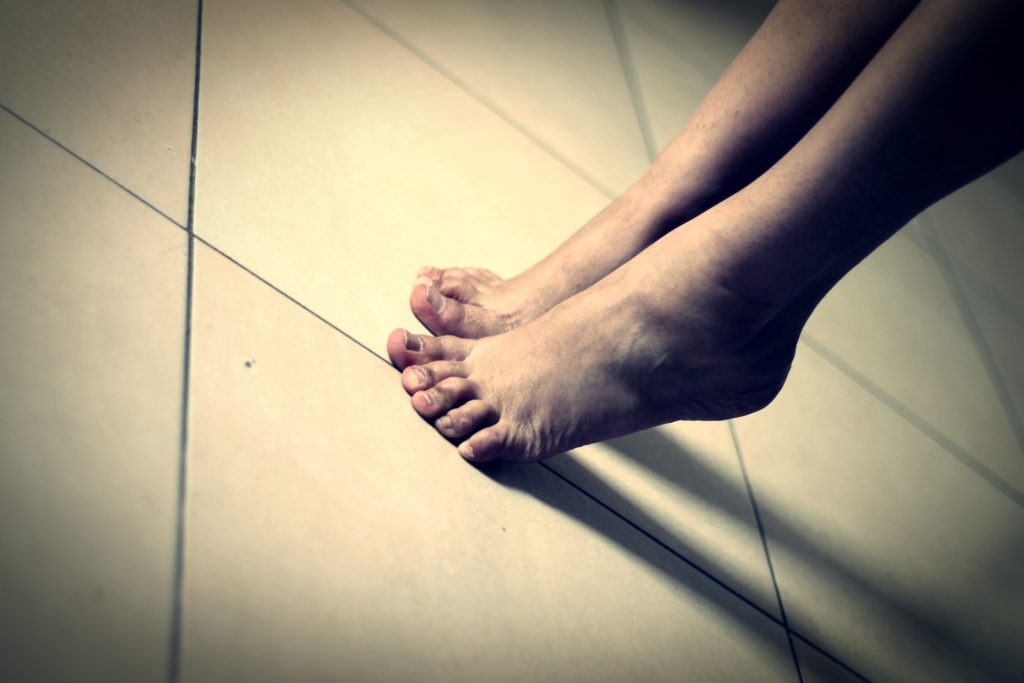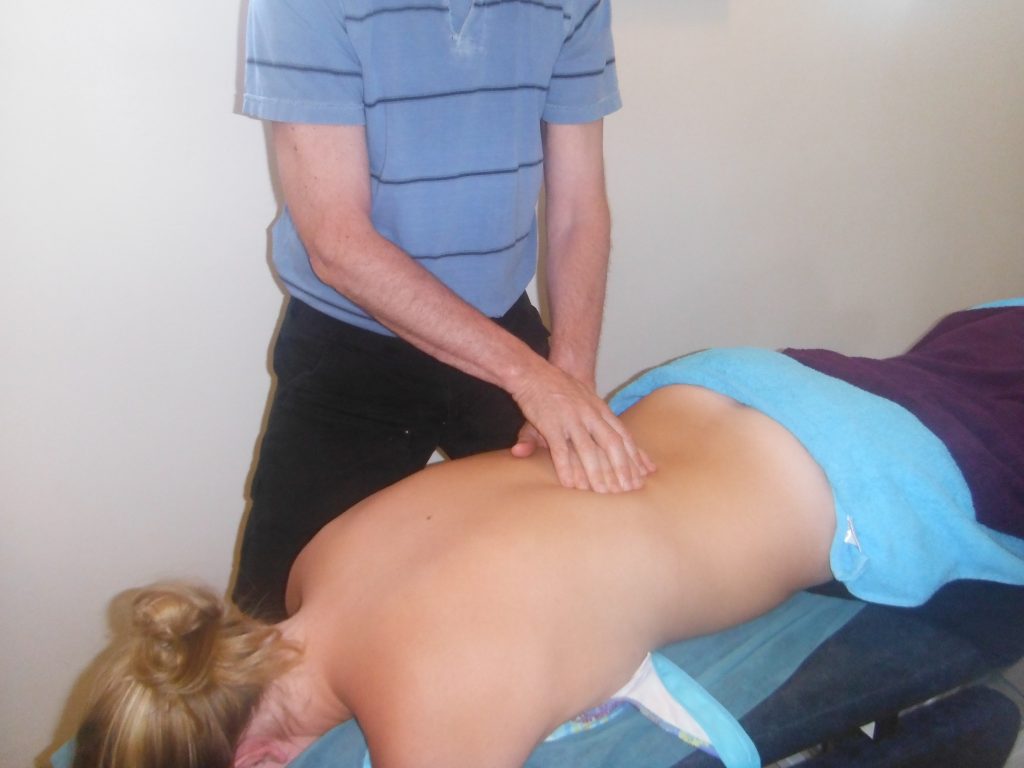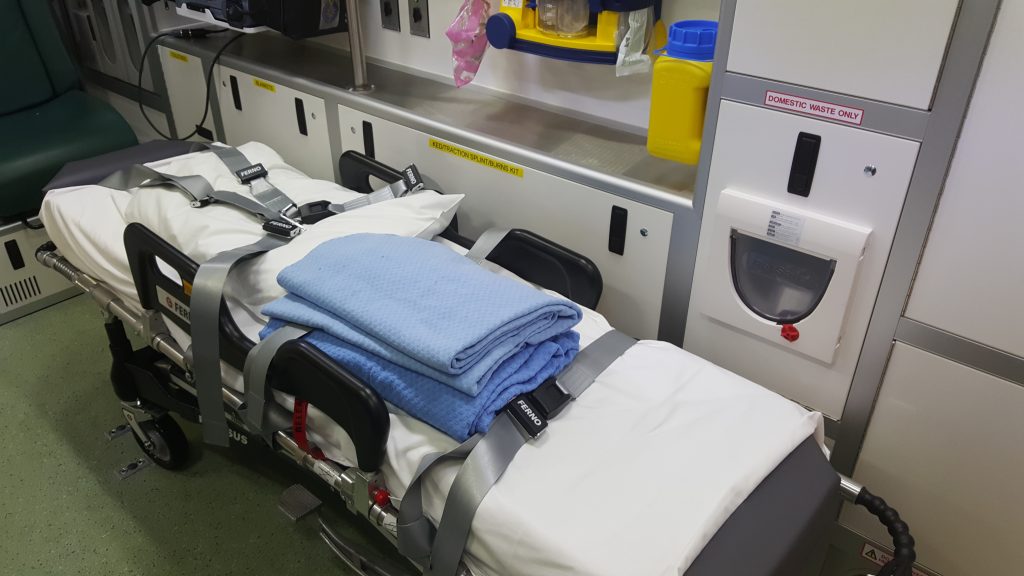 Spas, health clubs, and wellness retreats are a few places that prioritize the self-care of their patrons, offering relaxing services like manicures, mud baths, and massages. These places also owe a legal duty to their patrons by using reasonable care to avoid causing any injuries. After a massage went wrong at Massage Envy (ME), a jury for the Fifteenth Judicial District Court for Parish of Lafayette (“District Court”) awarded the plaintiff, Julie Roy (“Roy”), $65,000.00 for her future medical expenses. Dissatisfied with this outcome, Roy appealed to the Third Circuit Court of Appeal for the State of Louisiana (“Circuit Court”), claiming that the jury failed to award her sufficient damages to cover her future medical expenses, especially in the light of her physician’s testimony.
Spas, health clubs, and wellness retreats are a few places that prioritize the self-care of their patrons, offering relaxing services like manicures, mud baths, and massages. These places also owe a legal duty to their patrons by using reasonable care to avoid causing any injuries. After a massage went wrong at Massage Envy (ME), a jury for the Fifteenth Judicial District Court for Parish of Lafayette (“District Court”) awarded the plaintiff, Julie Roy (“Roy”), $65,000.00 for her future medical expenses. Dissatisfied with this outcome, Roy appealed to the Third Circuit Court of Appeal for the State of Louisiana (“Circuit Court”), claiming that the jury failed to award her sufficient damages to cover her future medical expenses, especially in the light of her physician’s testimony.
Roy’s injuries at Massage Envy resulted from falling off a massage table. Originally, Roy had scheduled a 90-minute massage, but she asked the massage therapist to stop after about 45 minutes, half of her scheduled time. The massage therapist, who was over six feet tall, had raised the massage table to reach Roy better during the massage. However, before Roy got off the table, the massage therapist left the room without lowering the table back to its standard height. Therefore, when Roy attempted to get off the table, she lost her balance and fell, injuring her knee, shoulder, back, and neck. Before leaving Massage Envy, Roy reported her injury to the management there.
A year later, Roy sued ME for her fall injuries. A jury returned a verdict, finding equal, 50/50, fault of both Roy and ME and awarding $65,000 to Roy for her future medical expenses along with damages for her past medical experiences and general damages. Yet, Roy appealed this decision to the Circuit Court, arguing that the jury’s award of $65,000 for her future medical expenses was an abuse of discretion because it ignored the testimony of her physician.
 No one wants to experience pain and suffering after spending money and time getting surgery. Nonetheless, some people fall victim to these complications. A person can be prone to injury when a defective product is inserted into their body. This was the case with Kale Flagg.
No one wants to experience pain and suffering after spending money and time getting surgery. Nonetheless, some people fall victim to these complications. A person can be prone to injury when a defective product is inserted into their body. This was the case with Kale Flagg. Louisiana Personal Injury Lawyer Blog
Louisiana Personal Injury Lawyer Blog


 Calculating appropriate damages for a plaintiff who experiences ongoing injuries from a vehicle accident is complex. Jury awards generally are left undisturbed by appellate courts. The following lawsuit shows how the appeals process can alter a jury’s award for mental and physical pain and suffering.
Calculating appropriate damages for a plaintiff who experiences ongoing injuries from a vehicle accident is complex. Jury awards generally are left undisturbed by appellate courts. The following lawsuit shows how the appeals process can alter a jury’s award for mental and physical pain and suffering.  Automotive accidents can cause severe injuries to those involved. However, the testimony of accident reconstruction experts can help juries determine what happened and come to the correct conclusions about liability. The following lawsuit out of Baton Rouge shows how an accident reconstruction expert can help you win your automobile accident lawsuit.
Automotive accidents can cause severe injuries to those involved. However, the testimony of accident reconstruction experts can help juries determine what happened and come to the correct conclusions about liability. The following lawsuit out of Baton Rouge shows how an accident reconstruction expert can help you win your automobile accident lawsuit. An injury on the job is never easy to deal with, especially when it results in a permanent disability affecting your ability to perform your regular job functions. A functional capacity evaluation (FCE) may be conducted at the employer’s expense to identify the parameters the claimant may return to work. However, a recent opinion from the Supreme Court of Louisiana held that a claimant does not have the right to choose a physical therapist to conduct the FCE at the employer’s expense. This may raise concerns for claimants who struggle to get back to work.
An injury on the job is never easy to deal with, especially when it results in a permanent disability affecting your ability to perform your regular job functions. A functional capacity evaluation (FCE) may be conducted at the employer’s expense to identify the parameters the claimant may return to work. However, a recent opinion from the Supreme Court of Louisiana held that a claimant does not have the right to choose a physical therapist to conduct the FCE at the employer’s expense. This may raise concerns for claimants who struggle to get back to work. Physically demanding jobs can result in workplace injuries that prevent employees from working and earning a wage. However, it is essential when filing a worker’s compensation claim not only to prove your claim but to do so within the timelines required by the courts. A workplace accident claim filed in Metairie, Louisiana shows the importance of timeliness in workers’ compensation lawsuits and helps answer the question; What is the Deadline to File a Workers’ Compensation Claim in Louisiana?
Physically demanding jobs can result in workplace injuries that prevent employees from working and earning a wage. However, it is essential when filing a worker’s compensation claim not only to prove your claim but to do so within the timelines required by the courts. A workplace accident claim filed in Metairie, Louisiana shows the importance of timeliness in workers’ compensation lawsuits and helps answer the question; What is the Deadline to File a Workers’ Compensation Claim in Louisiana? Many jobs require physical labor, which comes with some risks of injury on the clock, especially for those who install and move equipment. Sometimes you get injured while working, and you think, “maybe I can just work through this.” However, if you attempt to work through an injury and don’t report it immediately to your employer, they may try to avoid paying you workers’ compensation benefits. This happened to James Payton, a veteran and previous employee of NASA. Payton’s case helps answer the question; Can I get Workers’ Compensation Benefits if I Don’t Immediately Report My Injury?
Many jobs require physical labor, which comes with some risks of injury on the clock, especially for those who install and move equipment. Sometimes you get injured while working, and you think, “maybe I can just work through this.” However, if you attempt to work through an injury and don’t report it immediately to your employer, they may try to avoid paying you workers’ compensation benefits. This happened to James Payton, a veteran and previous employee of NASA. Payton’s case helps answer the question; Can I get Workers’ Compensation Benefits if I Don’t Immediately Report My Injury?  If you are involved in a lawsuit, you probably have a lot of things on your mind. However, you must pay attention to the required deadlines and time to respond to documents from the other side, including requests for admission. If you do not respond on time, you might be deemed to have admitted to facts that are helpful to the other side. That could cause significant implications for your lawsuit. The following Louisiana lawsuit shows the deadline to answer and the effect of admission requests.
If you are involved in a lawsuit, you probably have a lot of things on your mind. However, you must pay attention to the required deadlines and time to respond to documents from the other side, including requests for admission. If you do not respond on time, you might be deemed to have admitted to facts that are helpful to the other side. That could cause significant implications for your lawsuit. The following Louisiana lawsuit shows the deadline to answer and the effect of admission requests. If you have ever watched a legal television show, you have seen the wide variety of evidence presented. Even if your lawsuit is not as high-stakes as the latest murder mystery show, it is still important to present sufficient evidence to satisfy your burden of proof and prevail on your claim. Otherwise, your case could get dismissed on a motion for summary judgment. The following lawsuit involving a slip in fall in a Louisiana convenience store discusses the concept of open and obvious risks.
If you have ever watched a legal television show, you have seen the wide variety of evidence presented. Even if your lawsuit is not as high-stakes as the latest murder mystery show, it is still important to present sufficient evidence to satisfy your burden of proof and prevail on your claim. Otherwise, your case could get dismissed on a motion for summary judgment. The following lawsuit involving a slip in fall in a Louisiana convenience store discusses the concept of open and obvious risks. What happens if you win a lawsuit but the other side moves to reduce the amount of money you were awarded? This is the situation Marcus Berry found himself in after he was awarded over a million dollars in damages due to injuries he suffered in a car accident.
What happens if you win a lawsuit but the other side moves to reduce the amount of money you were awarded? This is the situation Marcus Berry found himself in after he was awarded over a million dollars in damages due to injuries he suffered in a car accident.  Spas, health clubs, and wellness retreats are a few places that prioritize the self-care of their patrons, offering relaxing services like manicures, mud baths, and massages. These places also owe a legal duty to their patrons by using reasonable care to avoid causing any injuries. After a massage went wrong at Massage Envy (ME), a jury for the Fifteenth Judicial District Court for Parish of Lafayette (“District Court”) awarded the plaintiff, Julie Roy (“Roy”), $65,000.00 for her future medical expenses. Dissatisfied with this outcome,
Spas, health clubs, and wellness retreats are a few places that prioritize the self-care of their patrons, offering relaxing services like manicures, mud baths, and massages. These places also owe a legal duty to their patrons by using reasonable care to avoid causing any injuries. After a massage went wrong at Massage Envy (ME), a jury for the Fifteenth Judicial District Court for Parish of Lafayette (“District Court”) awarded the plaintiff, Julie Roy (“Roy”), $65,000.00 for her future medical expenses. Dissatisfied with this outcome,